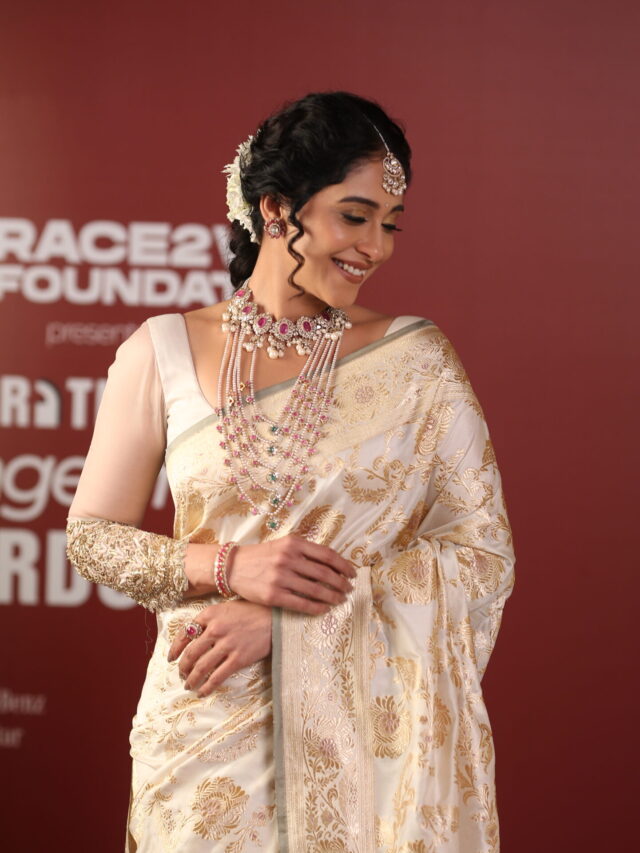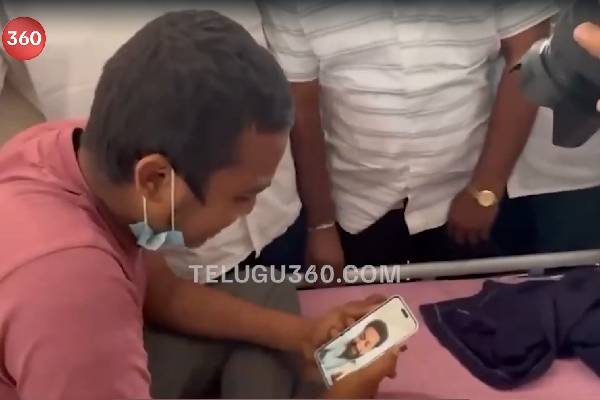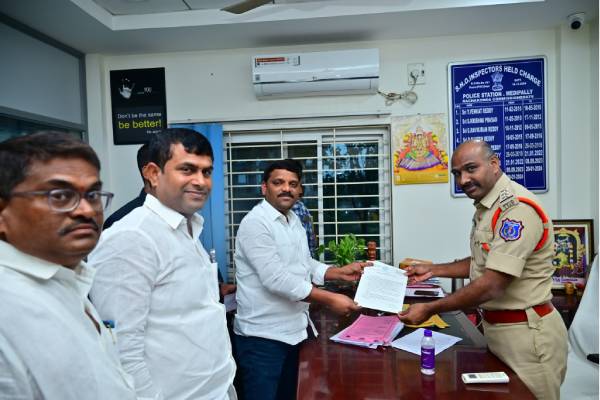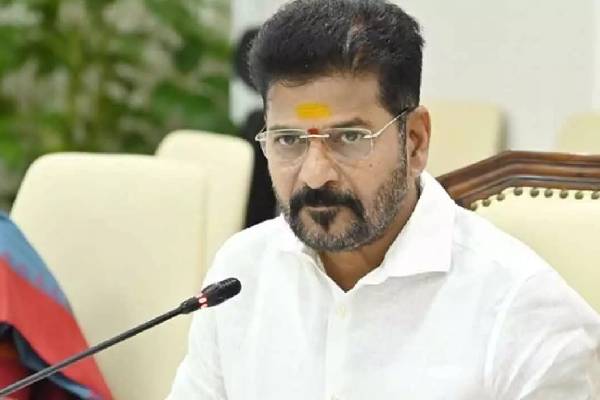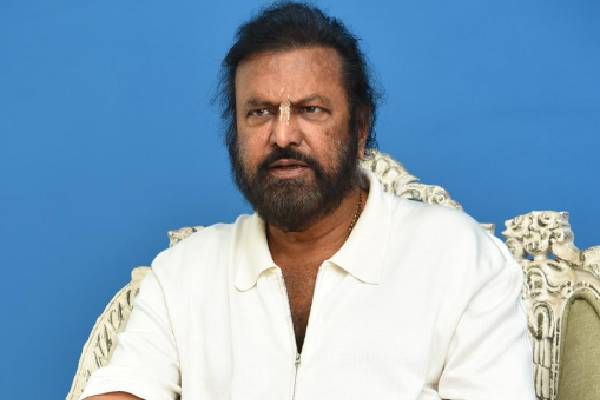Telugu Media Channel’s Role
Many Telugu news channels openly aligning with political parties. This shift has transformed their role from impartial journalism to promoting party agendas. Analysts argue that media outlets now act as campaign tools, undermining public discourse by engaging in selective reporting and amplifying political conflicts.
Such biased coverage has deepened social divisions and eroded trust in media institutions. Critics warn that these trends divert attention from critical issues affecting the daily lives of people in Telangana.
Media’s Role in Diverting Public Attention
Telugu media channels has often been accused of using sensationalism to distract the public from pressing issues. This trend, which gained prominence in the 2000s during controversies involving movie stars like Chiranjeevi and Balakrishna, has expanded to include political and social topics.
Sensationalist reporting, chaotic debates, and emotionally charged narratives dominate the news, often overshadowing substantive issues. Now Media platforms also exploit social media algorithms to amplify provocative content, further trying change public opinion. The raise and Fall of Chiranjeevi’s PRP Party is the biggest case study.
Osmania University JAC
The Osmania University Joint Action Committee (OU-JAC), a prominent student organization, has played a significant role in Telangana politics. Established during the Telangana statehood movement in 2009, OU-JAC was instrumental in transforming the movement from a political struggle to a student-led social agitation.
Over time, the group transitioned from being a non-political organization to forming strong ties with political parties, including the Telangana Rashtra Samithi (TRS), Bharatiya Janata Party (BJP), and various left-wing factions.
Interestingly, while OU-JAC played a pivotal role in the movement, many student leaders later expressed disappointment with the political outcomes, particularly regarding unfulfilled promises of job opportunities. This left many feeling like pawns in political dramas.
Allu Arjun vs OU-JAC
Following Allu Arjun’s press conference, members of the Osmania University Joint Action Committee (OU-JAC) staged a protest at the actor’s Jubilee Hills residence in Hyderabad. The protest seemed politically motivated, as members who had remained silent after the tragic stampede at Sandhya Theatre on December 4th took sudden action against the actor on December 22nd at around 4:45 PM.
Protesters breached the property’s security by scaling the compound wall, vandalizing the premises, and throwing tomatoes and eggs while chanting slogans demanding immediate justice. Jubilee Hills police promptly intervened, arresting six OU-JAC members involved in the vandalism.
A case was registered against the protesters under multiple sections of the law. Although the accused were initially placed in judicial custody, they were later granted bail by a city court, with each individual required to furnish two sureties of ₹10,000.
Public Determination Against Bias
The PRP episode reminded everyone of just how aware and resilient public should be. Despite the constant influence of media spin and political propaganda, the people of Telangana have shown remarkable strength and clarity. Take Chief Minister Revanth Reddy, for example—he faced years of negative media coverage but still came out on top in the recent elections. It’s a clear reminder that while media can try to shape the narrative, it doesn’t have the final say.
Throughout his journey, Revanth Reddy was largely ignored by mainstream media and the OU-JAC. Yet, he defied the odds and emerged victorious, proving that public opinion is not so easily manipulated. These distractions from the media and others only highlight how critical it is to focus on the real issues affecting people’s lives.













